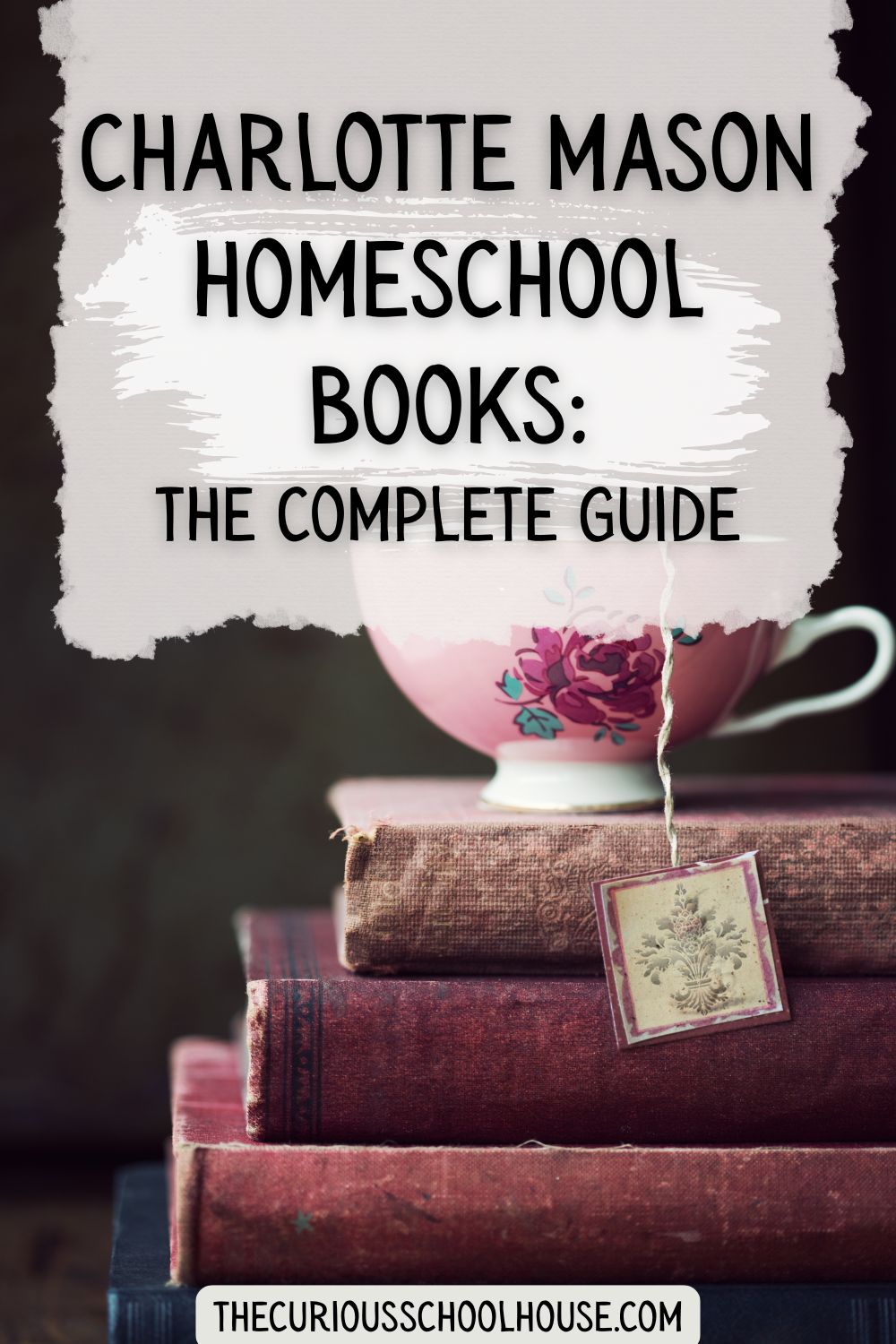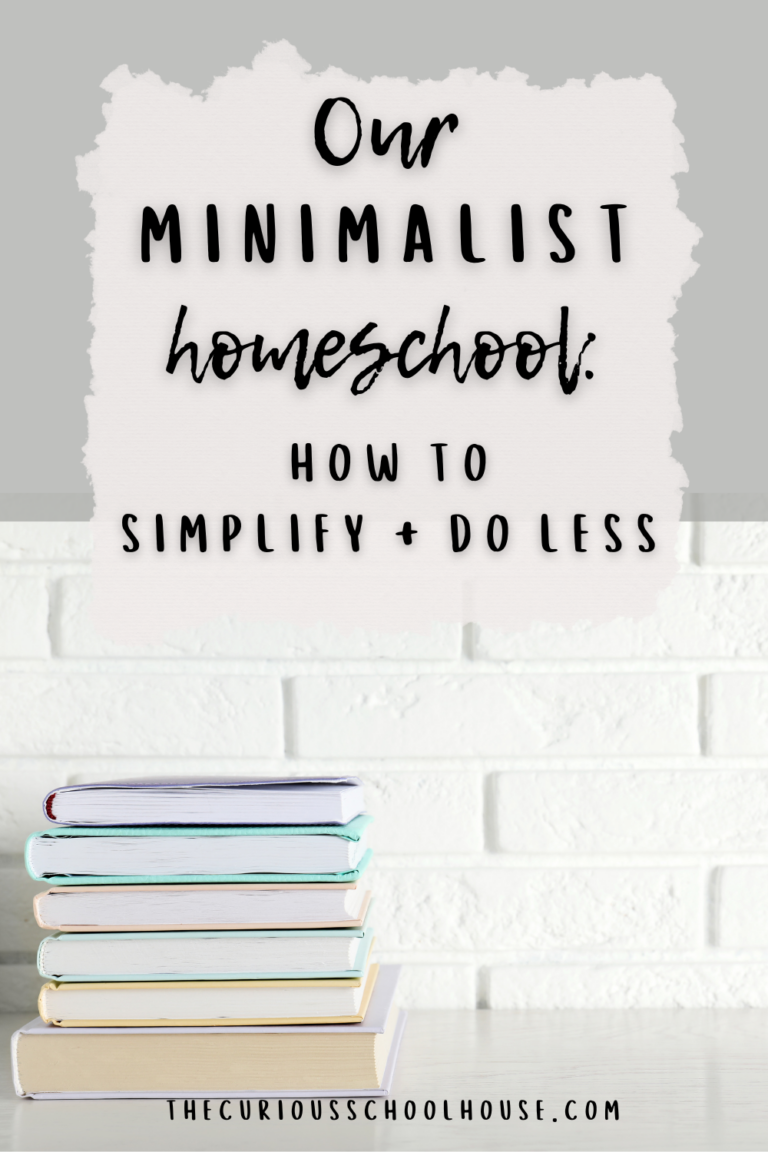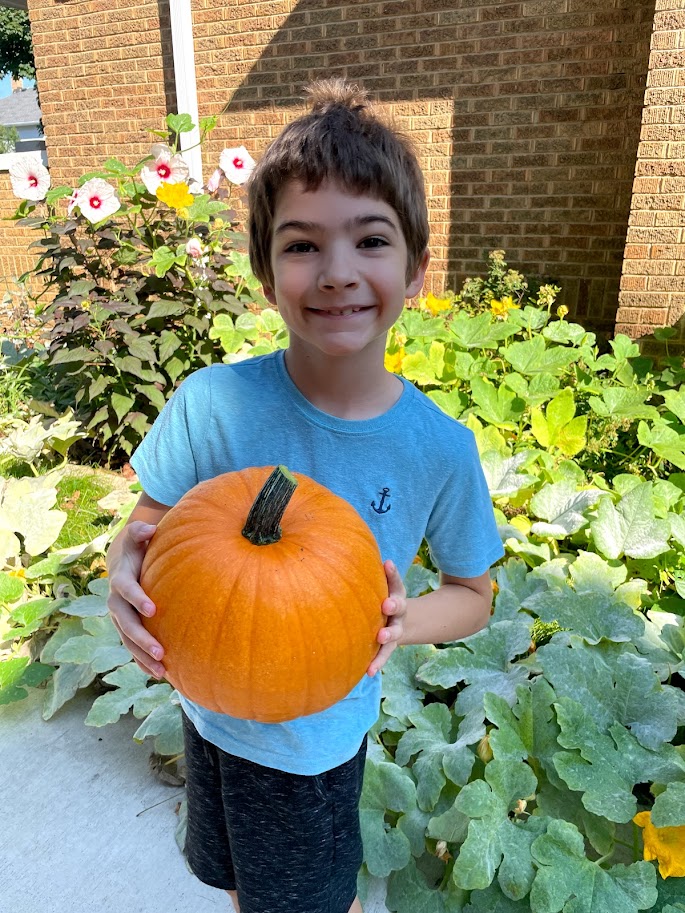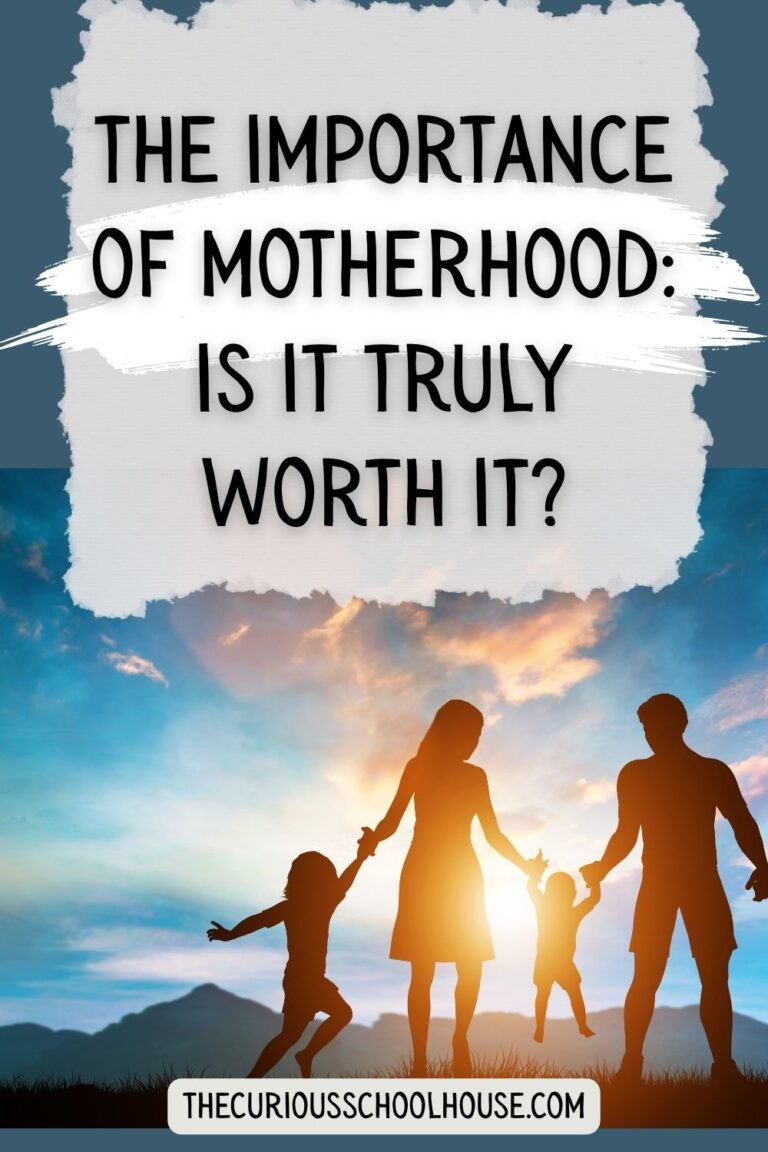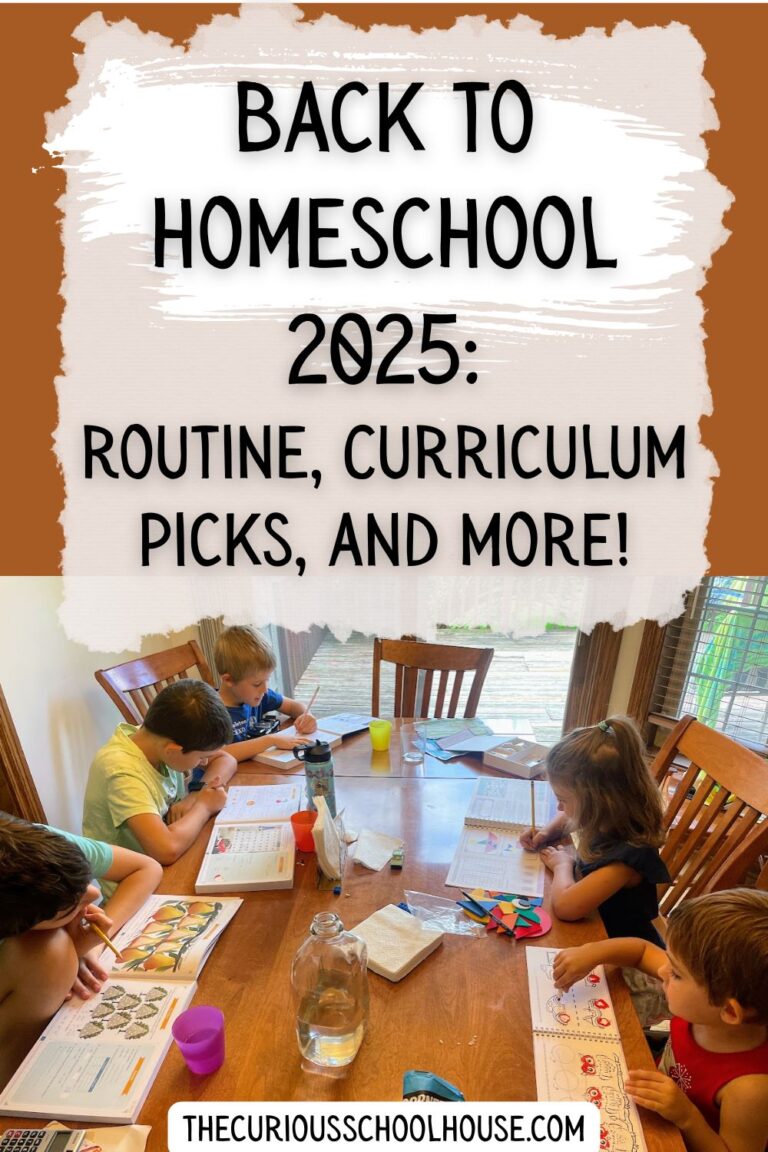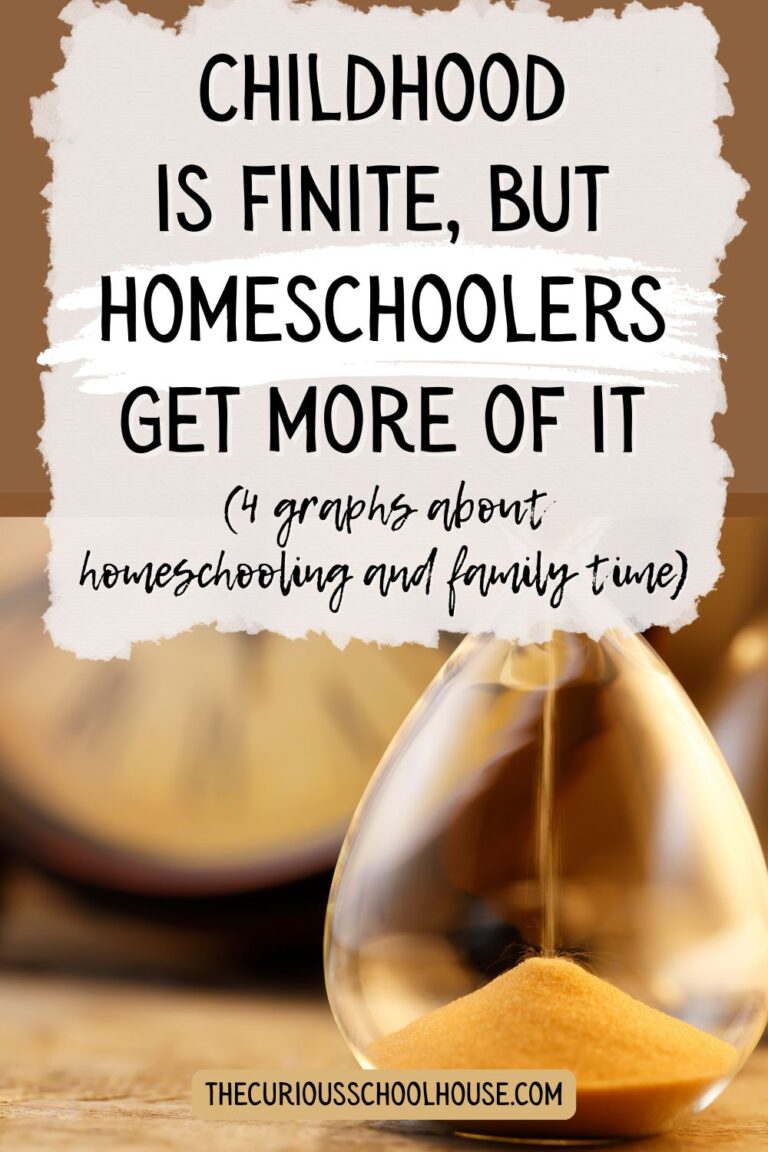Charlotte Mason Homeschool Books: The Complete Guide for 2025
This post shares everything you need to find books for your Charlotte Mason homeschool, to use the books in your homeschool, and to encourage your children to become readers themselves. This is our complete guide to Charlotte Mason homeschool books, updated yearly!
Our homeschool is built on books. We buy them, we borrow them, we read them, we listen to them, we organize them, we talk about them, we argue about them, and sometimes we even destroy them. I’m looking at you, three-year-old.
Our kids know more characters from literature than they do from Disney, and I love that so much! However, let me clarify that there is no shame here about occasional screen time – our kids have seen their fair share of movies, and whenever someone gets sick it’s Wild Kratts on repeat – this is just a matter of priorities. We do our best to be very intentional about screen time, and to keep our family culture centered around books instead of screens.
You might make similar choices, or you might not, and that is totally up to you!
It’s a continual struggle to find the right screen time balance, and we won’t always get it right, but at least we know in which direction we’re headed.
If you’re headed in the same direction as us – welcome! Grab your bookbag and come along. As Bilbo said, “I don’t know half of you half as well as I should like, and I like less than half of you half as well as you deserve.”
(Okay, that quote might not *quite* apply here, but I couldn’t write this post about books without throwing in at least one quote from my all-time favorite piece of literature. If you recognize it, you are EXTRA welcome here.)
However, moving on from hobbits: in this round-up post, I’ve expertly lassoed every single one of my blog posts related to finding and using books in your (Charlotte Mason-ish) homeschool. I’ve organized them and ordered them so that – no matter where you are in your book-loving homeschool journey – you can find something to help you along. Take a peek!
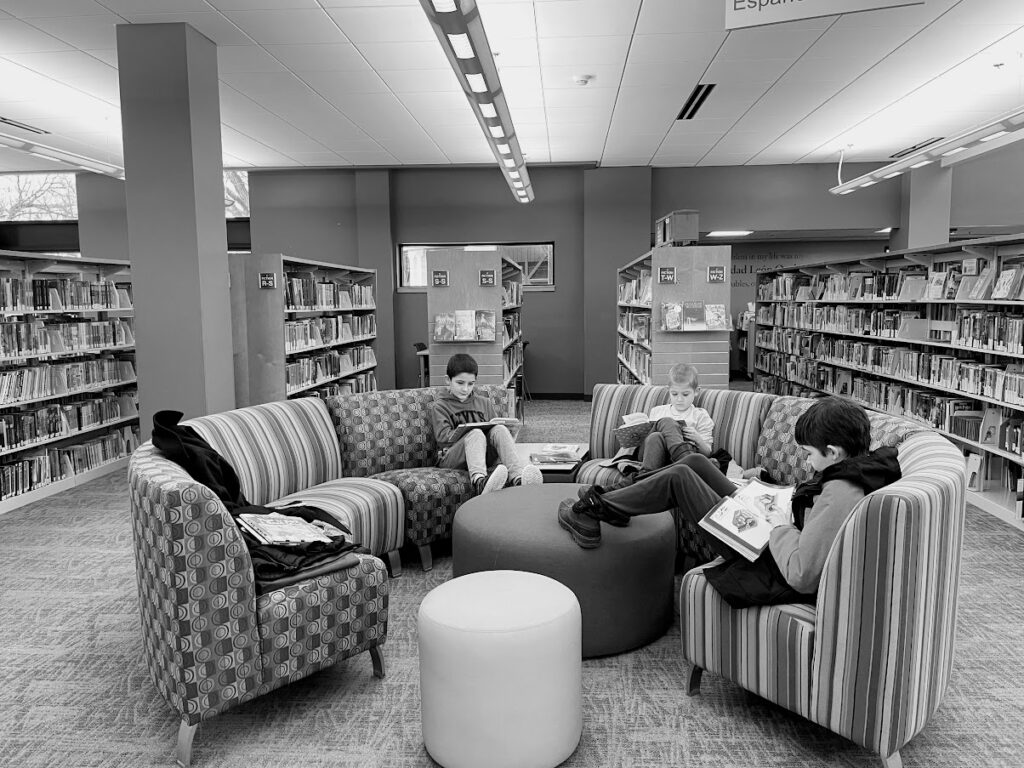
Charlotte Mason Homeschool Books: Finding Them
Using books in our homeschool begins with finding them. Whether we buy them, borrow them, or steal them (not generally recommended), we must somehow acquire books worth reading with and to our children. In the first post listed below, I share what Charlotte Mason means when she talks about “living books,” and how to recognize a living book when you see them. I also share a few of our favorite places to look for good books!
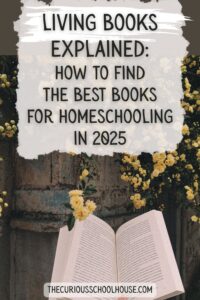
Living Books Explained: How to Find the Best Books for Homeschooling
One of the best ways to find great books for your homeschool is to simply ask your friends what they are reading and loving. As your internet friend, I am going to assume that you have just asked me that question – and this post below is my answer! These are all of our (carefully curated, neatly organized) booklists – books we have personally used and loved in our homeschool during the past seven years.

The Best Books for a Homeschool Library
Finally, if you’re venturing out to your local library with a posse of small humans in tow, you might be interested in some tips for making the most of your library experience – that is, getting in and out without losing your mind or your children. Here’s how we have done it!
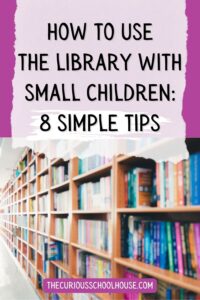
Charlotte Mason Homeschool Books: Using Them
So now you have in your hand – or on your coffee table – a carefully selected stack of fantastic books for your homeschool. Hooray! But now what? Once we find these fabulous homeschool books, what do we do with them?
This post below shares a Charlotte Mason approach to “teaching” literature in your homeschool, and it’s the approach we have taken for the past several years. Hint: we focus on reading and narration, not workbooks, teacher guides, or comprehension questions.
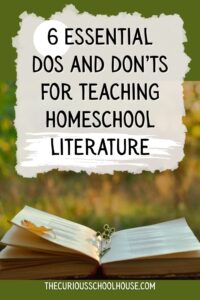
6 Essential Dos and Don’ts for Teaching Homeschool Literature
Encouraging Your Children to Become Readers
Every child’s journey to becoming a voracious, independent reader begins in the same place: in the lap of a parent. Our children will have no desire to become readers themselves until they have discovered the joy of books, and that happens first and foremost by hours and hours of reading aloud.
If you aren’t sure why reading aloud is worth it (or you just need a reminder because you’re TIRED – totally acceptable), check out the post below.
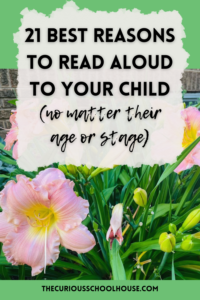
21 Amazing Benefits of Reading Aloud to Your Children
Of course, at some point our children will be ready to learn to read for themselves. Please note that this does NOT mean you stop reading to them! I plan to keep reading to my children until they leave the house, and once they’re all gone I certainly hope to have some grandbabies around to read to. Here is the post where I share about the phonics program we have used for all four kids (and soon to be five, once the Littlest Guy is ready).
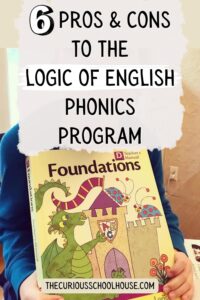
The post below shares a few more tips for encouraging a family culture of reading, as well as a story of the time we visit the most Pristine Wilderness known to Man, and all our son remembered was the book we read while we were there. #facepalm
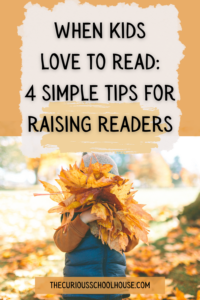
When Kids Love to Read: 4 Tips for Raising Readers
Finally, perhaps you are in that frustrating stage of having a child who knows how to read but doesn’t want to. I have been there, and I feel your pain! Here is some practical encouragement, both for you, and for your child.
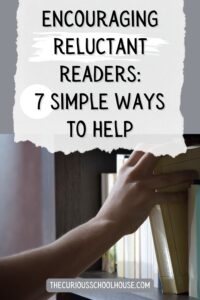
Conclusion
Friends, this journey into the world of literature is a long-term process – both for ourselves, and for our children. We are not simply teaching “third grade literature” or “fifth grade classics:” we are actually taking small steps forward on a life-long journey of understanding and appreciating literature, in all its forms!
When we remember this vision – the end goal of an adult who loves, appreciates, and enjoys literature – it can help to guide our choices today and give us a North Star for which to steer.
And, knowing that we are on a life-long journey helps me to slow down and savor the books we read. Will you join us? Grab your coffee, and let’s keep on raising readers – one picture book at a time.
“A book can’t change the world on its own. But a book can change readers. And readers? They can change the world.”
~ Sarah Mackenzie, The Read-Aloud Family

